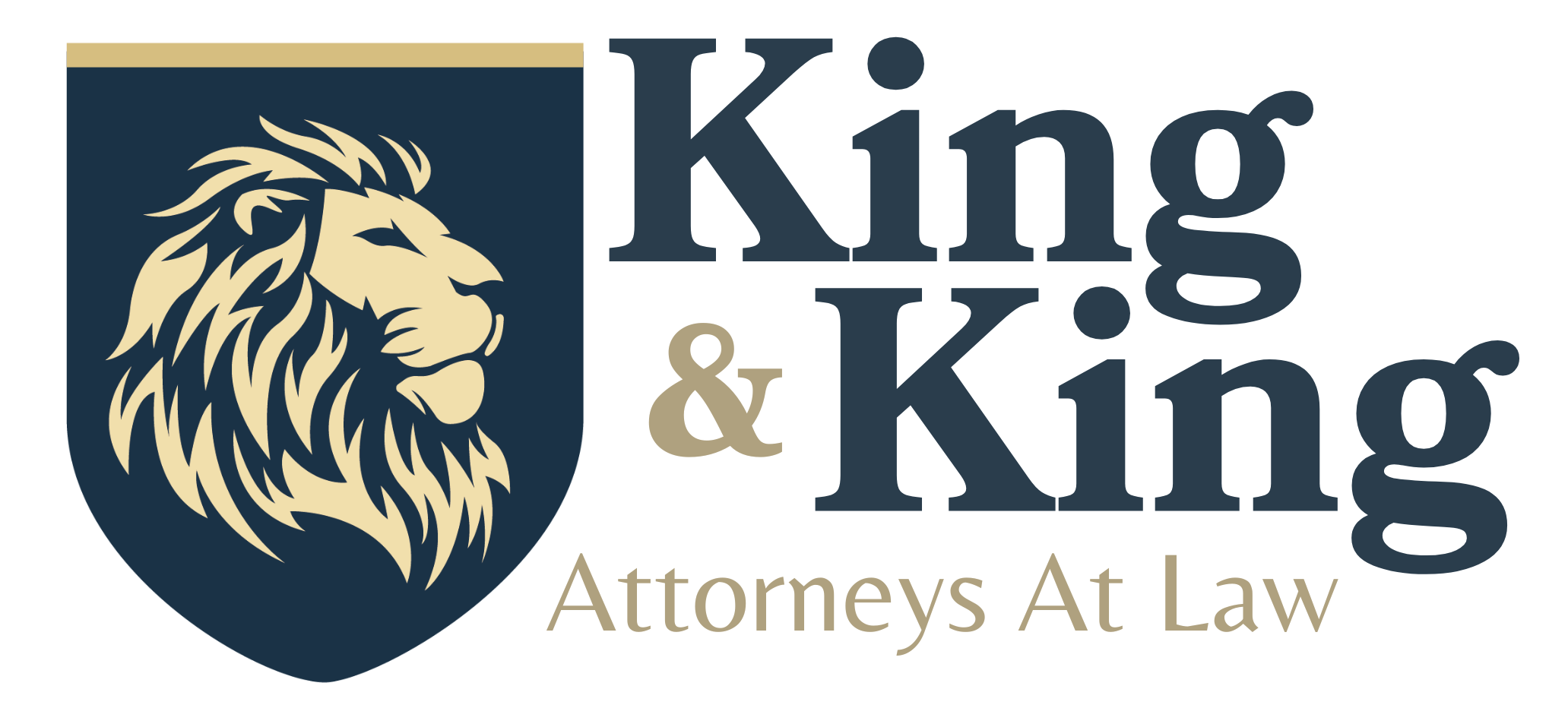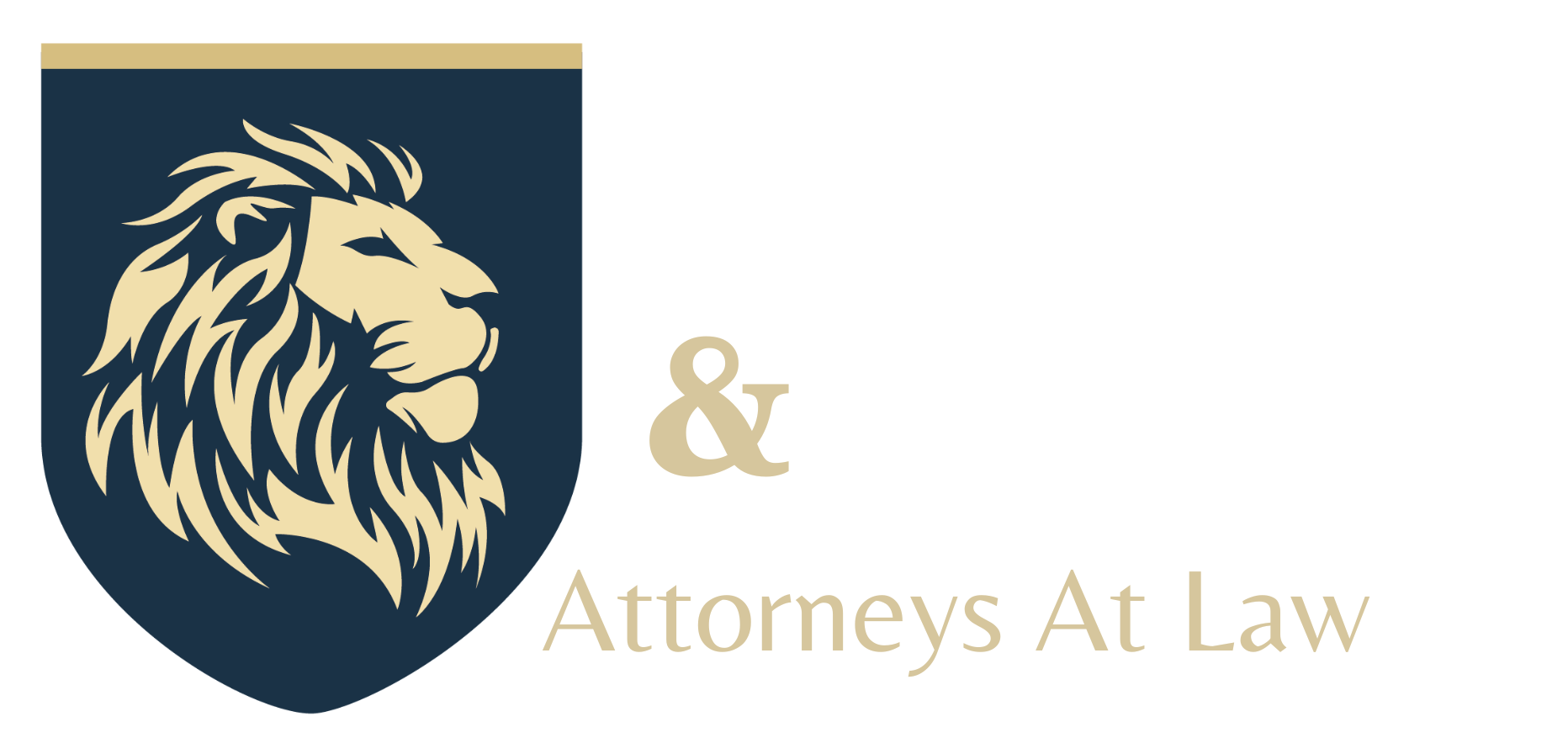
Have You Outgrown Your Estate Plan?
As estate planning attorneys, we work hard to set up estate plans that fit a client’s needs and ensure that everything works together for the client and their loved ones. Estate plans remain effective as long as they accurately reflect a client’s circumstances and current state and federal tax law. However, circumstances often change. So, too, should your estate plan. Outdated plans not only jeopardize your wishes and legacy vision but may also negatively impact your loved ones and yourself. An outdated estate plan can result in many issues such as unintended income or estate tax consequences, the disqualification of a special needs beneficiary from benefits, potentially greater fees and costs associated with settling an estate, forcing loved ones to resort to court intervention, and disinheriting desired beneficiaries or benefitting unintended beneficiaries.
Changes in the Law
Trust and estate laws are constantly evolving, and new legislation could impact your estate plan. One example is the Setting Every Community Up for Retirement Enhancement (SECURE) Act, which changed how beneficiaries could inherit retirement accounts. Another example is the federal estate tax exemption, which is scheduled to continue increasing until the end of 2025, when it will sunset and revert to a much smaller exemption level.
Changes in Your Wealth
Depending on when you originally created your estate plan, you may have chosen to create a last will and testament (otherwise known as a will) because you were young, single, and did not have much money and property. You understand the importance of having your wishes set out in a legally enforceable way, but you did not need any extensive planning at that time. Fast forward ten or more years, and your life may be vastly different. If you have accumulated more money and property, had children, or have gotten married or divorced, you may now need to consider some additional planning to ensure that your loved ones are protected. This may mean you are ready to have a revocable living trust as your foundational estate planning document instead of a will. With more money or minor children to protect, a trust will allow for more privacy and efficiency in handling your affairs during your life and at death. Your net worth may increase to a point where it warrants tax planning that was not necessary originally. If you have a life insurance policy and other accounts and property that have gone up in value, a tool such as an irrevocable life insurance trust may be beneficial now to remove the value of the life insurance policy from your overall net worth to save on potential estate tax liability at your death. It is important to remember that in order for this strategy to work, it is prudent to work with an experienced estate planning attorney to ensure that the trust and transfer are executed properly and adhere to applicable laws. Additionally, if your retirement account has grown significantly over the years, it may be time to create a standalone retirement trust to be the beneficiary or backup beneficiary of the account. This could make management of the retirement account easier at your death since it will be the only account that the trustee of that trust will have to manage.
You may also have acquired new assets—particularly digital assets. As of 2022, 16 percent of Americans have purchased digital assets.1 Digital assets may take many forms, such as music, photographs, documents, or contact information kept in cloud storage; log-ins to social media platforms; cryptocurrencies; and credit card or airline reward points, to name a few. Digital assets are typically more vulnerable to identity theft and hacking once their original owner has passed away.
Changes in Your Relationships
A specific portion of your estate plan that needs to be reviewed periodically is your choice of trusted decision makers to act on your behalf. These trusted decision makers are legally bound to act in your best interests. Sometimes, those whom you originally chose may no longer be appropriate for the role. Maybe there was a falling out, or your chosen decision maker may have moved away or had other personal changes that make it difficult or impossible for them to fill the role now. Even a corporate fiduciary may decline to act if it requires that a minimum value of accounts and property be under their management before it will accept an appointment. Especially if you are retired, you may not have as much money and property as you did when you first created your estate plan.\
Changes in Beneficiary’s Needs
Lastly, how you have chosen to leave money and property to your loved ones may need to be updated. If you created or updated your estate plan shortly after the birth of your first child, you may have included general instructions on how the money and property should be used for your child’s benefit. However, now that your child is older, you may want to revisit these sections to customize how and when your child receives money and property. Depending on their age, you will likely have a better idea as to your child’s unique personality, interests, struggles, and needs. Updating this section of your estate plan can help ensure that you are creating a plan for your child’s inheritance that will truly meet their needs.
Let Us Help You Make the Necessary Changes
To protect yourself from these possible scenarios, it is incumbent upon you to periodically review and, if necessary, update your estate plan. If there have been any personal changes that necessitate a change to your plan, no matter how big or small, please schedule an appointment so we can ensure that your plan meets your specific needs.
References
1 White House, Fact Sheet: White House Releases First-Ever Comprehensive Framework for Responsible Development of Digital Assets (Sep. 16, 2022), https://www.whitehouse.gov/briefingroom/statements-releases/2022/09/16/fact-sheet-white-house-releases-first-ever-comprehensiveframework-for-responsible-development-of-digital-assets/.
The risk of suffering a data breach has never been higher, especially for businesses in Foley, AL and Gulf Shores, AL. Small businesses are three times more likely than larger businesses to be targeted by cybercriminals. The costs of a cyberattack, both in terms of financial and reputational damage, can be devastating to small businesses. […]
You have spent years building your business in Foley, AL and Gulf Shores, AL, but at some point, the time will come for you to sell the company and exit. While many business owners choose to keep the company in the family, that is not always realistic. Family members may not have the interest or […]
Over time, your business can undergo significant changes. What may have started as a humble, one-person operation in Foley, AL can grow into a more complex company, with multiple owners, employees, an evolving mission statement, and increasing risks. As the scope and goals of your business shift, an accompanying change in business structure might be […]
Small business owners in Foley, AL and Gulf Shores, AL are no strangers to government regulations. There are many requirements that businesses must be aware of and comply with, including business license and permit rules. Most businesses must obtain licenses or permits, so it is important for each business to know which ones it needs. […]






